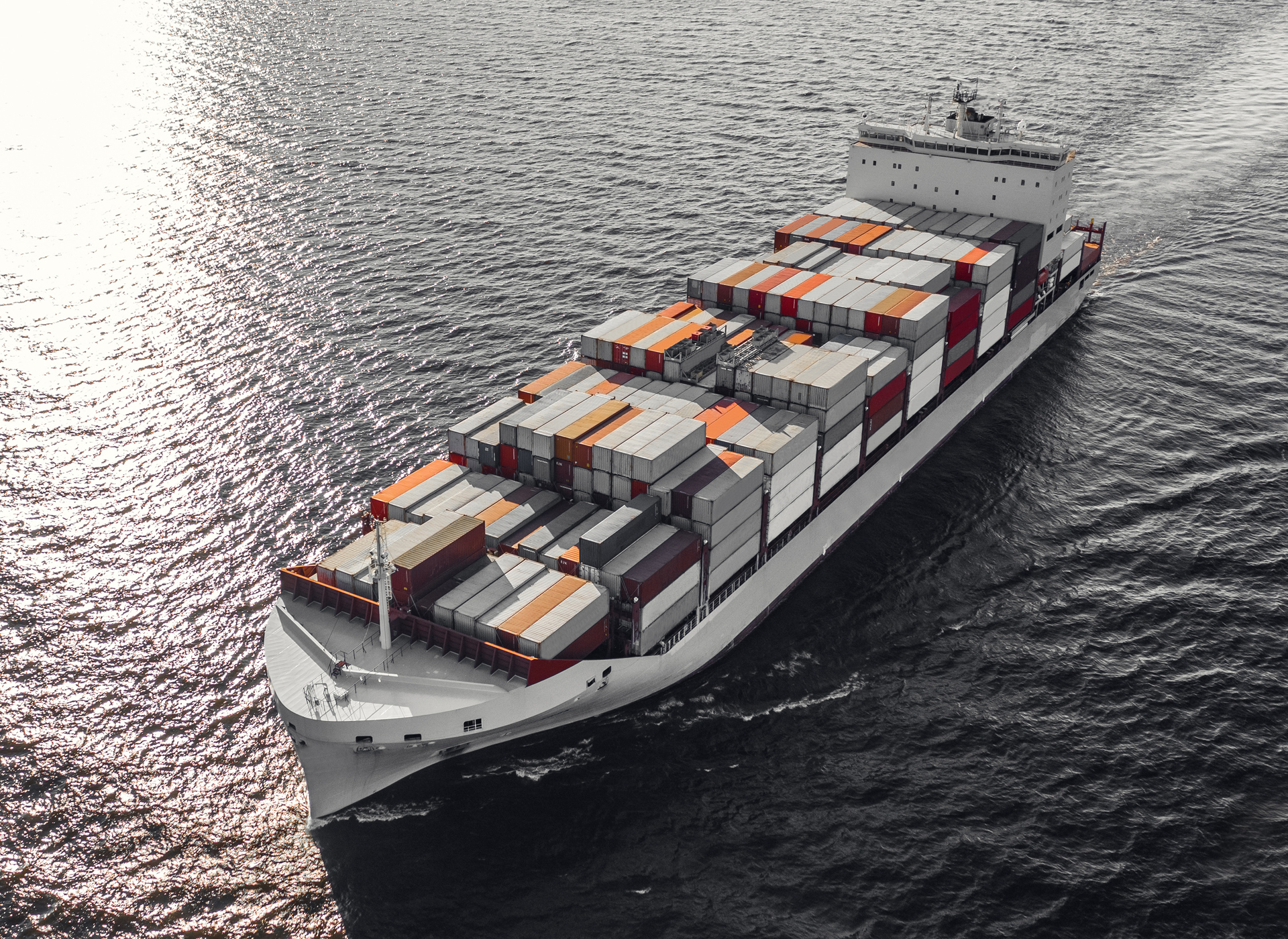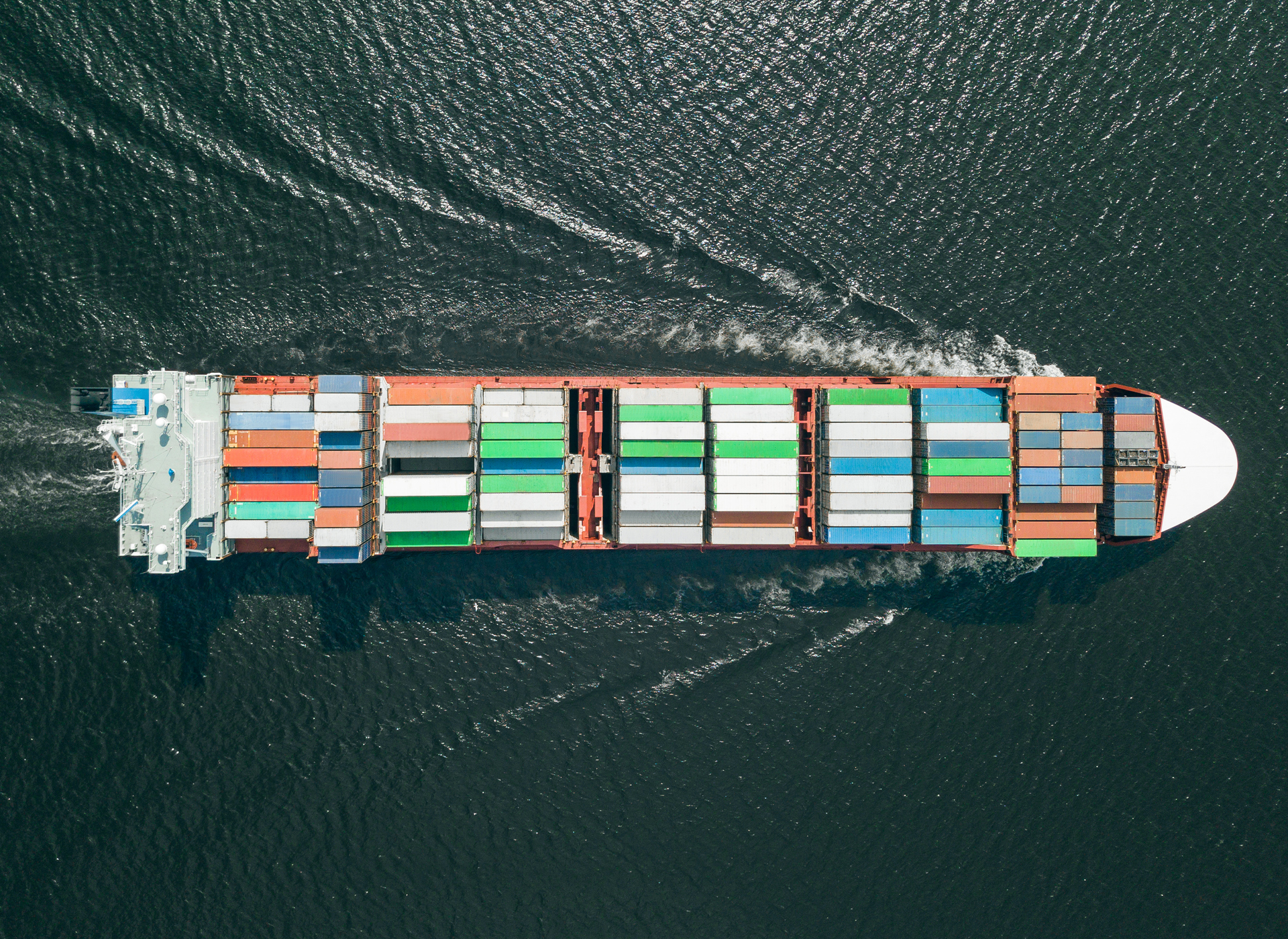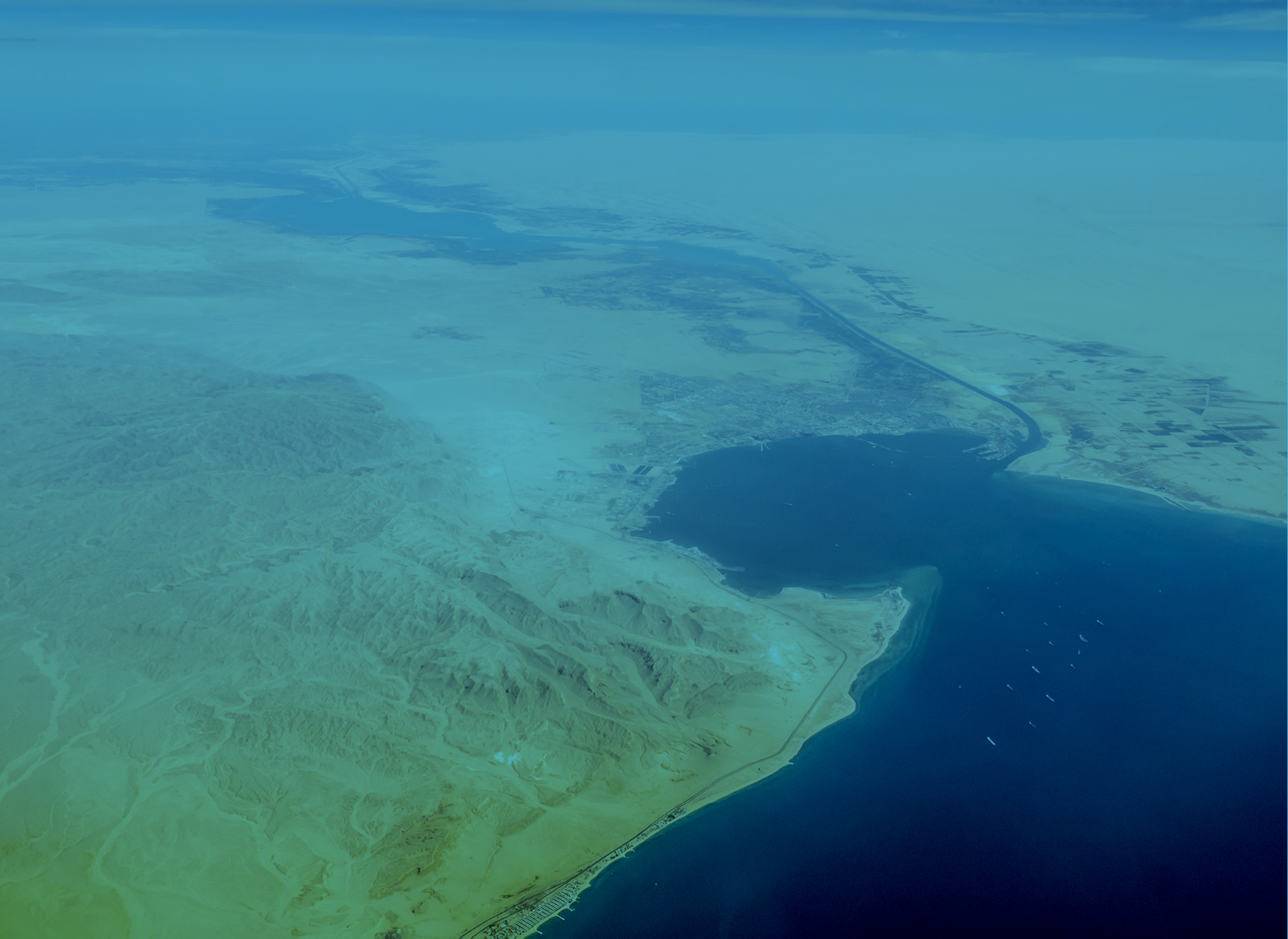The Suez Canal, one of the world’s most important trade routes, suffered a massive setback in March 2021 when the container ship “Ever Given” ran aground, blocking passage through the waterway for nearly a week. This incident had a significant impact on international trade and raised questions about the safety and efficiency of the canal. However, the Suez Canal has recovered and has shown its resilience.
The Suez Canal technical teams have recently managed to refloat an oil tanker that temporarily paralyzed traffic in the maritime route. This incident has been the fifth of its kind since the beginning of the year, although none of them have been as serious as the “Ever Given” incident in 2021.
The “Ever Given” incident is a reminder that accidents can happen on even the most vital transportation routes. It has provided valuable lessons on the importance of planning and preparing for emergencies. The Suez Canal authorities are reviewing crisis management procedures and strengthening contingency plans to deal with similar situations in the future. In addition, extensive reviews of navigation regulations and standards are underway to ensure greater safety on the canal.

The recovery of the canal
The immediate response and recovery work was key to overcoming the vessel incident. Salvage and dredging teams worked tirelessly to free the container ship and restore traffic flow. Tugboats and suction dredgers were used to excavate the channel bed and free the bow of the vessel. Collaboration between Egyptian authorities, salvage companies, and international experts was essential to achieve a rapid and effective response.
Congestion management and traffic reorganization also played a crucial role in the recovery of the Suez Canal. A priority system was established for ships waiting to pass through the canal, coordination efforts were increased, and logistical support was provided to affected ships. This allowed for more efficient congestion management and a rapid resumption of normal operations.
A historic milestone for the canal
Last April, the Suez Canal reached a historic milestone in terms of maritime traffic, registering a record number of transits. During that month, a total of 2,298 ships crossed the canal, which represented an increase of 19.1% compared to April 2022. This increase translates into an increase of 103 ships compared to the previous peak of registered monthly traffic in December 2022. The record achieved in April 2023 is largely due to the impressive increase in the number of tanker transits. In said month, a historical peak of 754 tankers was registered, which represented a significant increase of 43.1% compared to April 2022. This exceptionally positive trend in tanker transits has been underway since March 2022, when the conflict generated by the invasion of Ukraine by Russian troops began. Despite the challenging circumstances, tanker traffic has continued to increase remarkably.
The Suez Canal has shown remarkable resilience and resilience following the “Ever Given” incident. Recovery efforts, infrastructure improvement, congestion management, and improved coordination have been key elements in overcoming this challenge.

